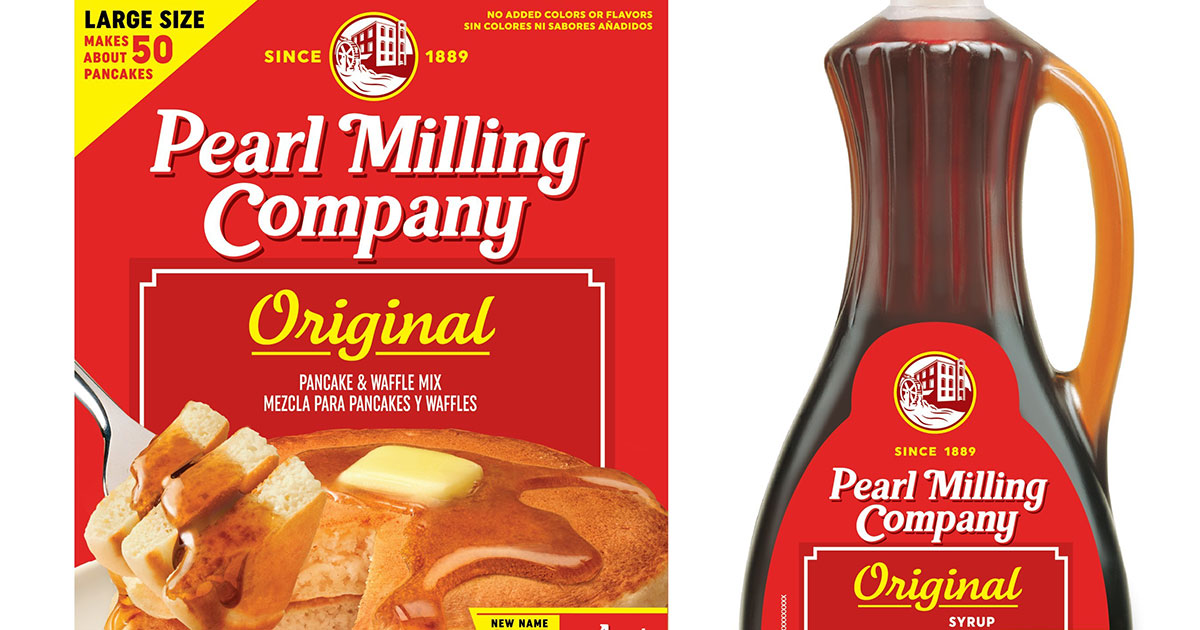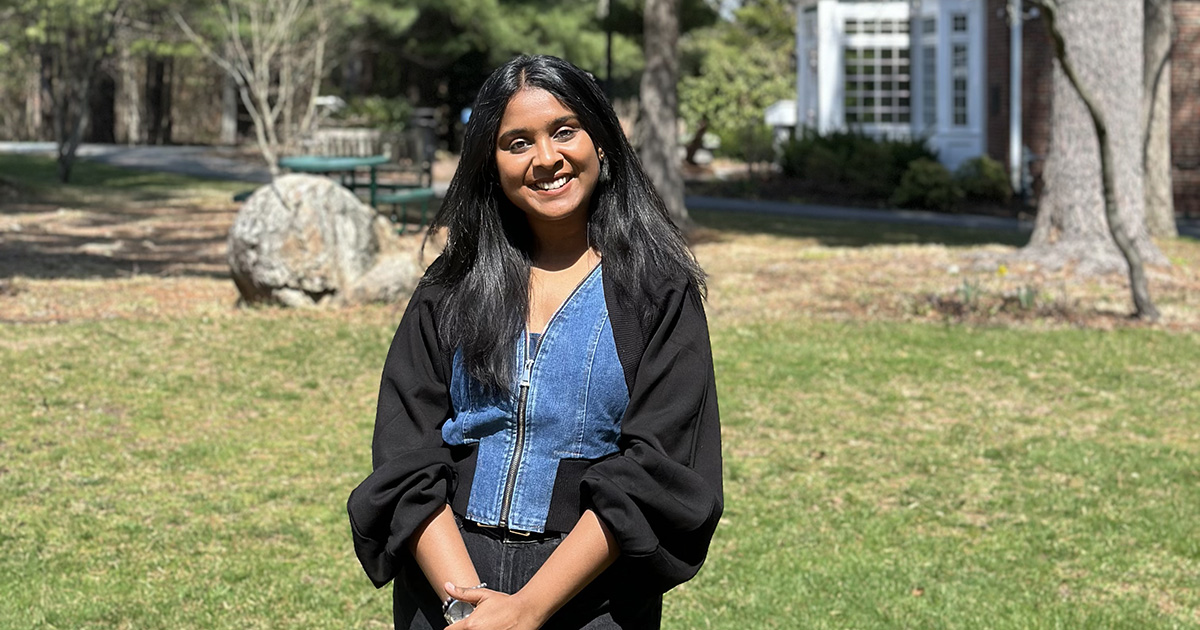Food Product Caricatures, Rebranding, and the Lessons We Can Learn

The announcements? They were made months ago. The logos themselves? They have been or are in the process of being removed.
Black caricature on food products we’ve so often seen on supermarket shelves will soon be a memory. But, with these changes made in the industry, boiling questions remain, including: Why didn’t this happen sooner? And, what lessons can we learn?
Professor Frederick Douglass Opie, an expert on food history, says these decisions can be used to explore, discover, and address blind spots in our own lives.
“Be vulnerable, ask questions,” Opie said. “Do I have somebody on my team and or in my C-suite that can help me see my blind spots?
“If you don’t have those diverse voices, your product and or service isn’t going to be as good as your competitors.”
‘Enough’s Enough’
Following decades of demonstrations and protests across the United States, companies such as Pearl Milling Company (formerly Aunt Jemima), Ben’s Original (formerly Uncle Ben’s), Cream of Wheat, and Mrs. Butterworth’s—brands that have long featured Black caricature, cartoons, and mascots on their packaging—finally took steps toward rebrand their products.
By now, we know that companies that prioritize diversity outperform their competitors. Had these businesses not acted, Opie said, they would have risked falling behind.
“You see these changes happening now because of years of protest and agitation culminating in 2020,” Opie said. “People said, ‘Enough’s enough.’ ”
The use of mascots and caricature on food products dates to the early 20th century, when domestic workers, Opie said, often had been Black, particularly the hired help of upper-class families cooking and serving meals.
“Middle- and upper-class households associated African Americans with great cooks and food,” he said. “Having a great Black cook as a domestic servant became a status symbol for high income earners.”
The names of these products have long had racist connotations. Old Aunt Jemima, for example, was a song sung by slaves, while both Aunt Jemima and Uncle Ben’s reinforced prejudice in a society which often refused to refer to African American adults as Mr., Ms., or Mrs. and instead called them by their first name in person or print.
Continuing Conversations
These decisions also transcend the food industry. In July, the NFL’s Washington Football Team announced it would drop its Native American insensitive nickname, effective immediately. Then, in December, MLB’s Cleveland Indians—who already had discontinued using its caricature logo two years ago—announced it would change its nickname following the 2021 season.
“The Kansas City Chiefs football team has yet to follow suit,” Opie said. “And in fact continues to blast music over the loudspeakers in its home stadium and have employees of the franchise lead it’s offensive to first nation peoples tomahawk chop chant.”
Whatever the vehicle, these changes represent the need for even greater cultural sensitivity and empathy today.“In many industries, there are blind spots,” Opie says. “Unless someone starts talking about them, you’re going to be losing market share.”
Posted in Insights




